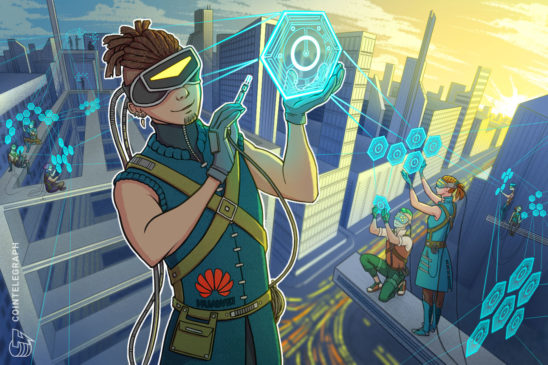Huawei and Beijing’s municipal government have jointly developed a blockchain directory for use across urban governance.
According to an official report published on Aug. 24, the system, still being trialed, is aimed at improving government services and supporting the city’s business environment.
Interest in blockchain technology forms part of Beijing’s research into smart city approaches to enhance urban innovation and governance.
Other technologies being explored for smart infrastructure include 5G, artificial intelligence and cloud computing.
Throughout 2019, Beijing and Huawei have jointly built a blockchain system directory to link up the city’s 50 municipal departments and support cross-departmental sharing and management of big data.
The system’s applications span real estate management, enabling efficient communication and feedback between the citizens and the mayor’s office, road parking services, medical care — notably including pandemic response services — and utilities provision (water, gas and electricity).
Beijing’s government says ordinary people are poised to become the direct beneficiaries of the new infrastructure.
Huawei’s role in the directory is contributing its proprietary Huawei Cloud Blockchain. The system supports real-time data management and feedback, rights management, data synchronization and exchange, permissioned access management and traceability.
Use of blockchain technology will play a key role in integrating new-generation technologies into the strategic goals of urban modernization and digitized municipal services, the report concludes.
In parallel, China’s nationwide blockchain project — the Blockchain Service Network — is proceeding apace, today confirming plans to integrate stablecoins as means of payment for services within its enterprise blockchain ecosystem.
The central bank’s test run of its forthcoming digital currency remains limited to small retail transactions at present, according to the latest reports.




